The project “Greeks in Central Europe between the 15th and 20th Centuries” seeks to understand the 500 years of coexistence between the Greeks and the peoples of Central Europe (including Serbia and Austria) and its role in the transformations of the world, paying particular attention to the relationship of the Greek minority or diaspora across different historical contexts, linguistic areas, cultures, and religions. The project provides a key to a comprehensive understanding of the Greek presence, identity and influence in Central Europe from the Fall of Constantinople (1453), through the outbreak of the Greek War of Independence (1821) and the subsequent establishment of the Greek state until the fall of totalitarian regimes in Central Europe in the late 1980s and early 1990s.
The project was put together by a team of experts comprised primarily of Modern Greek and Classical philologists and historians from the V4 countries, Serbia, Austria and Italy, with the aim of discussing the “Greek question” as comprehensively as possible in the appropriate historical and cultural context. One of its long-term objectives is to establish a research exchange network across Central European countries in order to share the results of the research and enable effective cooperation between academic and cultural centres.
A joint workshop held from 21st to 23rd September 2022 at the OZ IKONY Gallery Centre in Žilina, Slovakia, was the very first event, post 1989, at which experts in the field of post-Byzantine and Modern Greek studies from academic institutions of the V4 countries, Serbia, Austria and Italy will be able to exchange their experience and insights. The organisers had invited scholars to exchange information on the state of research in each country and draw up an initial outline of a future major joint international publication, teaching strategies and common research, and to inform the general public about the results of the research.
The main goal of the project is to develop and consolidate cooperation within the V4 and other countries and strengthen awareness of a common history in Central Europe.
The workshop programme with CVs and abstracts
Ladies and gentlemen, dear colleagues,
It has been three years since I first approached most of you about the Greeks in Central Europe project. The idea itself is much older though, having taken a clearer shape at the 2014 Congress of the European Society of Modern Greek Studies in Thessaloniki. At that time, many colleagues from Europe were unable to come because of economic hardship or because their university departments had been closed or otherwise transformed. The crisis facing the humanities across European universities, including classical philology but especially Modern Greek Studies, had begun to impact us all, as these subjects were seen as something dispensable, a remnant of the past. It has to be said that even our Department of Modern Greek Studies in Prague was under threat at that time, and I am still grateful to our Alma Mater for the way it succeeded in defending its diversity and its small yet strategic disciplines.
Back in 2014 as well as later at the next congress in 2018 in Lund, Sweden, it became evident that Greek studies in the countries of Central Europe have a special vitality and strength, even while the countries and departments concerned were operating completely independently within the framework of Modern Greek Studies. In fact, there has hardly been any opportunity to collaborate at all, and yet we have maintained this special vitality individually.
There are several explanations as to why this has been the case, and I am glad we have this opportunity to discuss it now. With this opportunity to collaborate, I believe we can all benefit and become stronger together.
Let us consider this meeting as the beginning and the future of a new cooperation within the Greeks in Central Europe project.
I would like to thank the Visegrad Fund for their financial support, and especially Jozef Matula for his enormously hard work in putting together the programme and the huge effort in arranging the facilities here in Žilina so that this event could take place.
Pavlína Šípová
Prof. Gosćiwit Malinowski
Dr. Péter Ekler
Dr. Renáta Modráková
Dr. Pavlína Šípová
Dr. Jozef Matula and dr. Ivan Moďoroši
Dr. Anna Ransmayr
Prof. Nikosz Fokasz
Prof. Milan Ristović
Dr. Nicole Sumelidu
Dr. Konstantinos Tsivos
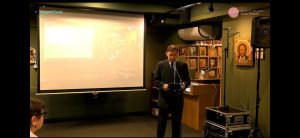 |
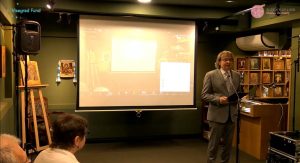 |
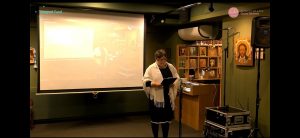 |
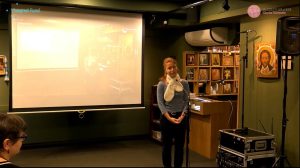 |
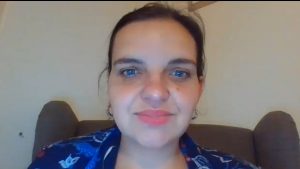 |
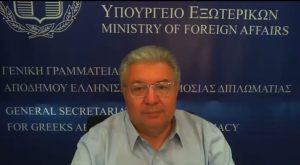 |
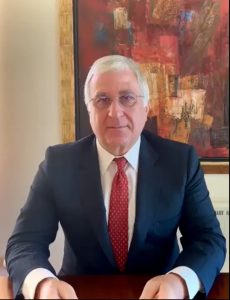 |
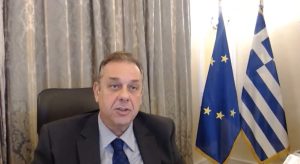 |
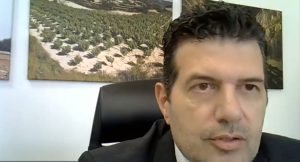 |
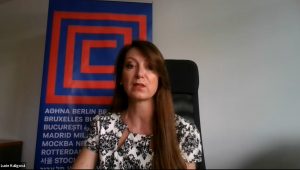 |
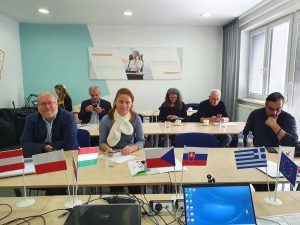 |
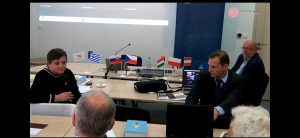 |
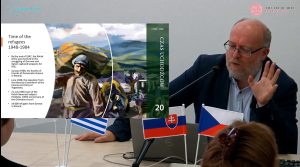 |
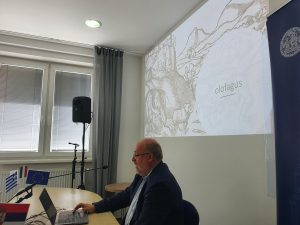 |
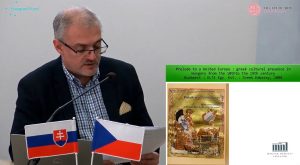 |
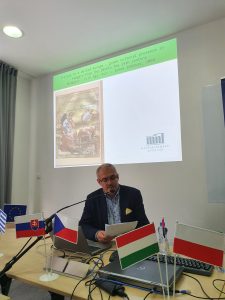 |
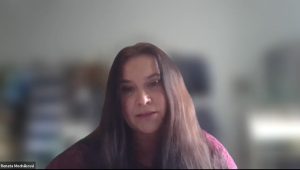 |
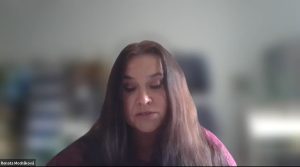 |
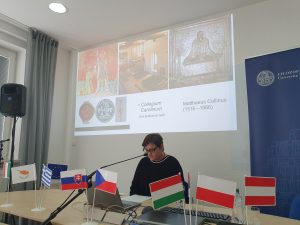 |
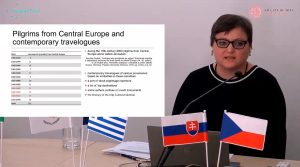 |
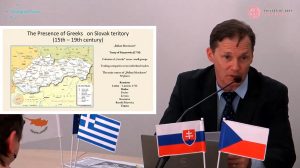 |
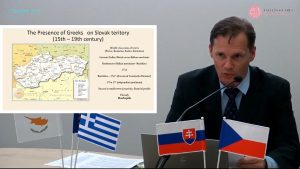 |
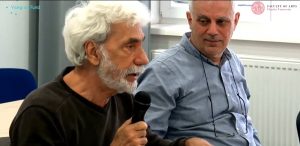 |
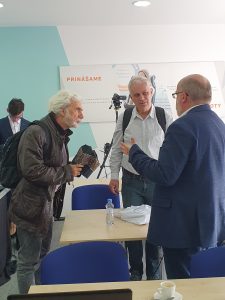 |
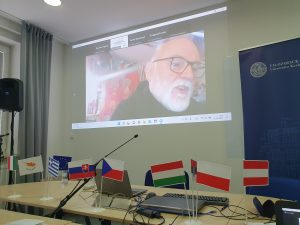 |
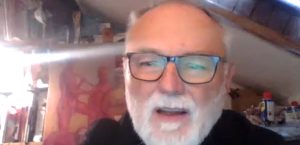 |
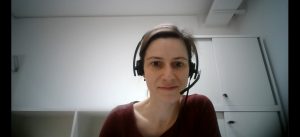 |
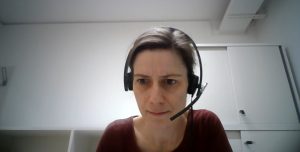 |
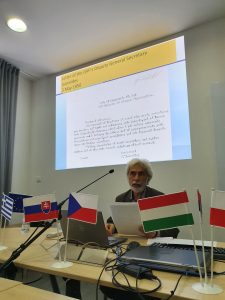 |
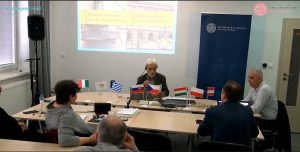 |
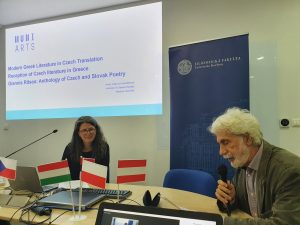 |
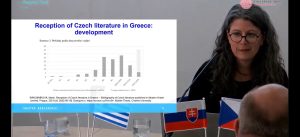 |
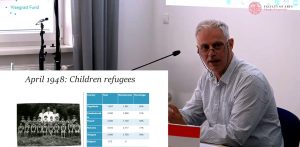 |
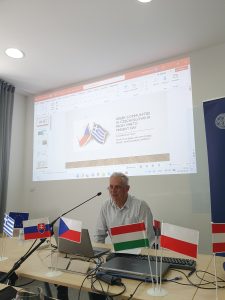 |
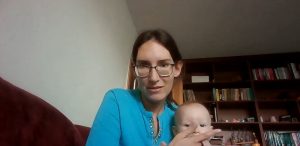 |
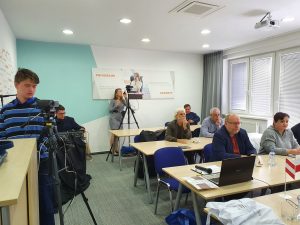 |
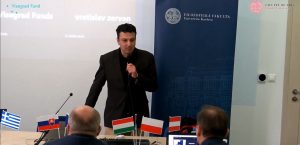 |
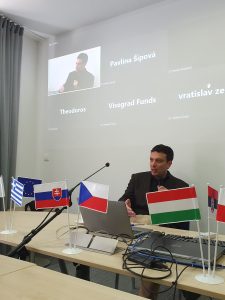 |
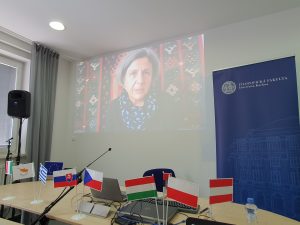 |
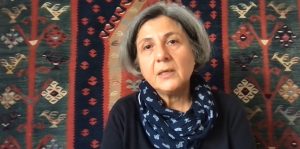 |
 |
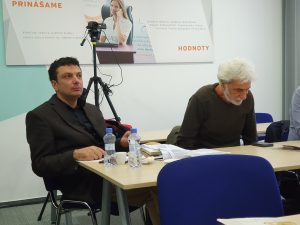 |
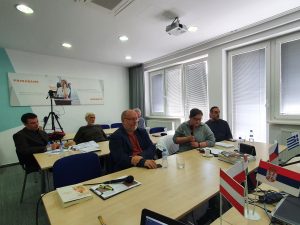 |
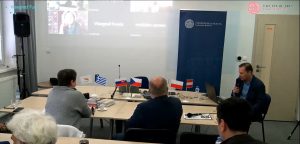 |
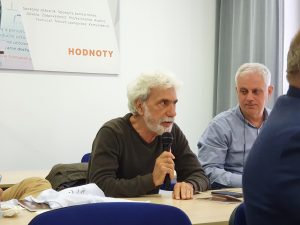 |
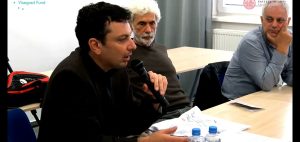 |
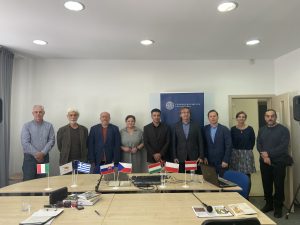 |
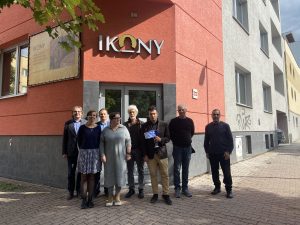 |